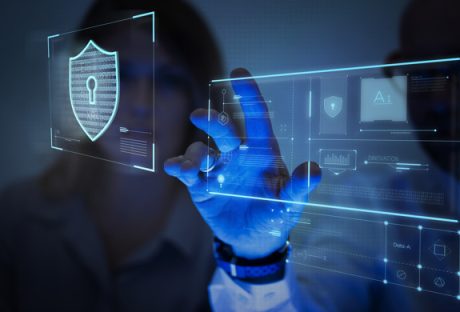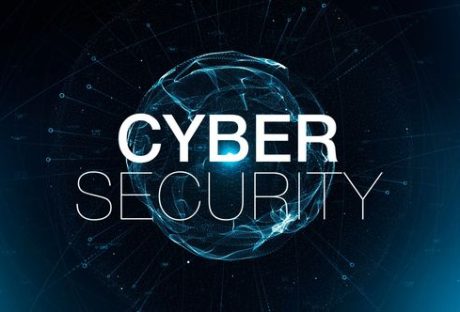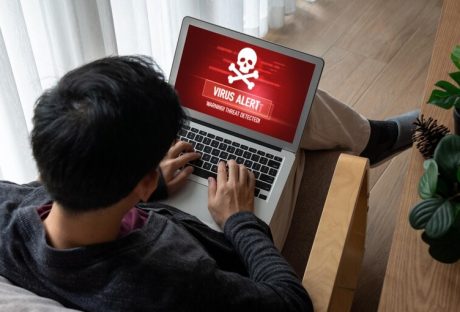LPG is the need of every household as it is used as the primary fuel for cooking. Some people also use LPG for heating purposes.
It is a highly flammable gas, so it is essential for users to use it cautiously. Households and food businesses must take extreme care while using LPG for cooking and heating.
You can do many things to use LPG safely in your home. This post shares some best tips and precautions to use LPG in your home.
Buy from an authorized distributor:
Many people buy gas equipment from retail stores, but it is better to buy from an authorized distributor. The gas equipment available at the authorized franchisee is authorized by the gas company and compatible with the LPG cylinder of that company.
So, when you buy gas equipment from an authorized company distributor, the chances of malfunctioning are very low.
Transporting Gas Cylinders:
Many accidents happen during the transportation of gas cylinders. The most common reason for these accidents is the improper handling of cylinders. Many delivery boys put the cylinder on the ground with a jerk and roll it on the ground while carrying it from their vehicle to home.
This causes the collision of gas molecules inside the cylinder, which produces heat and can be dangerous. Therefore, LPG cylinders need to be handled very carefully.
Always Check the seal and gasket:
Sometimes, the seal or gasket of the cylinder is damaged, causing the gas to leak. Always check the company seal and gasket while taking the delivery of the cylinder. Ask the delivery boy to open the seal in front of you, and then you can put some water in the valve.
If you see bubbles rising from the water, the gasket is worn, causing leakage. In such a case, ask the delivery boy to replace the cylinder immediately.
Inspect Regularly:

As LPG can leak from every tiny hole or crack in the gas equipment or accessories, it is essential to check it regularly. Check your gas equipment every week to ensure there are no cuts or cracks in any part of the equipment, including accessories.
In case of any problem with the gas stove, call a professional for its repair. If the accessories like a gas hose or regulator are malfunctioning, replace them immediately to prevent leakage. Also, don’t use the gas until the problem is fixed by a gas engineer.
Check the expiry date of the cylinder:
All gas cylinders are required to be retested and replaced every ten years. The expiry date is usually stamped or written on the neck of the cylinder. If the stamped expiry date is passed, the cylinder cannot be refilled. If you get a cylinder with an expiry date passed, you should immediately return and get it replaced as it can be dangerous.
Ventilation is important:
LPG users should always place the gas equipment in a ventilated area. It means your kitchen should be well-ventilated to expel the gas in case of a leakage. If your kitchen is not well-ventilated, you can install an exhaust fan in your ventilator or window to expel the smoke. It also expels any gas leaked from your gas equipment.
Place the spare cylinder carefully:
Many people have a spare cylinder in their house, and they place it in a place other than the kitchen. Some homeowners place the spare cylinder in the storeroom, while others place it in any room. However, a cylinder should only be placed in the kitchen or an open area such as a patio.
Plus is one of the best LPG gas suppliers in Queensland, Australia. They claim to offer same-day delivery or next-day delivery in Brisbane, Gold Coast, Ipswich, and Toowoomba. If you are located in any of these regions, you can choose them for LPG supplies.
Related: Pros and Cons of Oil and Gas Investment
Don’ts: Things to Avoid for LPG Safety & Precautions
Aside from following all the above-mentioned tips, remember not to forget the following tips –
Don’t Keep the Cylinder in a Horizontal Position
When you have an LPG cylinder at home, don’t keep it in a flipped position. Always keep it in an upright position to avoid accidents like gas leakage, explosion, and fire.
When you keep the cylinder laid down, gravity makes the liquid set at the bottom of the cylinder, thereby leaving no space for the vapor to form. This is something that leads to gas leakage.
Complications can also arise when the cylinder is withdrawn in a horizontal position. This makes the liquid phase evaporate inside the pipe system. It can also happen in the consumer’s equipment. This causes the pressure to increase, and start icing off the fitting, making the safety device respond to prevent overpressure.
Keep Away from Heat
Keep your LPG cylinder in a position where it doesn’t catch much heat. Also, it shouldn’t be heated under any condition. When you heat the cylinder it will cause the gas to leak at rapid speed and create a flammable vapor. This vapor is highly flammable and can catch fire at any moment.
If your LPG cylinder is constantly getting heated, it can cause the entire cylinder to weaken over time. It’s easy for a weakened cylinder to easily fail under high pressure.
Don’t Leave the Safety Valve Unchecked
All the mistakes regarding the mishandling of LPG cylinders lead to leakage and explosions. If you leave the safety valve unchecked for a long time, it’ll lead to gas leaks leading to fires, asphyxiation, and explosions. LPG gas is highly flammable, which is why you deal with all these complications if you leave the cylinder valve unchecked.
Don’t Smoke Around The Cylinder
There’s no need to point out that the cylinder has flammable gas, and there can be a leakage at any point in time. So, build a habit of not smoking close to the place where you keep the gas cylinder.
Final Words:
These are some gas safety tips for households. Using reliable gas equipment and getting supplies from an authorized distributor can enhance the safety of your house. Following the tips in this post can help homeowners to use the LPG safely and conveniently.
Also, if you notice any case of gas leakage, instantly evacuate the area. If it’s due to the cylinder knob left open, close it instantly. Also, call people who are authorized to handle such delicate situations for help.
Read Also:
- How to Handle the Move-Out Cleaning
- 5 Safety Awareness Ideas to Maintain a Safe Workplace
- Top Home Cleaning Tips























